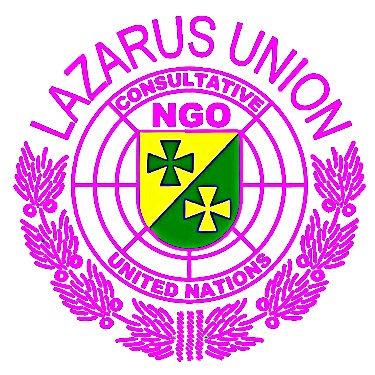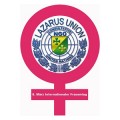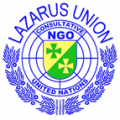The chances for a safe and healthy life are unequally distributed between the sexes. This affects women and girls in particular: at all ages, in the most diverse areas of life and on all continents. Crises such as natural disasters, wars or the Corona pandemic reinforce these inequalities.
Since the beginning of the Corona pandemic, the workload has increased, especially for women with small children, school children or relatives in need of care. Caring for family members, childcare, home schooling and household chores are predominantly on women’s shoulders. It is estimated that women invest three times as much time in child-rearing and housework than men.
Seventy per cent of the world’s caregivers are women. The risk of contracting the coronavirus is very high for them. Moreover, it is mostly women who take care of relatives in need of care.
The Corona crisis makes it clear that a system that is largely held together by the poorly paid, those with double burdens and those threatened by violence is already working at its limits in normal operation. Learning from Corona must therefore mean reducing the systematic injustice between the sexes.
The Lazarus union supports therefore without reservation the 17 lasting goals of the United Nations (agenda 2030) in which the situation of women and girls is found at different places again. Goal 5 for example aims at the self-determination of both sexes.There are various international action days that draw attention to the rights of women and girls:
6 February: International Day against Female Genital Mutilation
8 March: International Women’s Day
19 June: International Day for the Elimination of Sexual Violence in Armed Conflict
1 August: Muslim Women’s Rights Day
11 October: World Day of the Girl Child
25 November: International Day for the Elimination of Violence against Women
Oliver Gruber-Lavin



![Logo-LU-CSLI-Italy-FINAL-1501[1]](https://www.lazarus-union.org/wp-content/uploads/2017/12/Logo-LU-CSLI-Italy-FINAL-15011-1-120x120.jpg)

![Logo-LU-CSLI-Italy-FINAL-200[1]](https://www.lazarus-union.org/wp-content/uploads/2020/03/Logo-LU-CSLI-Italy-FINAL-2001-120x120.jpg)